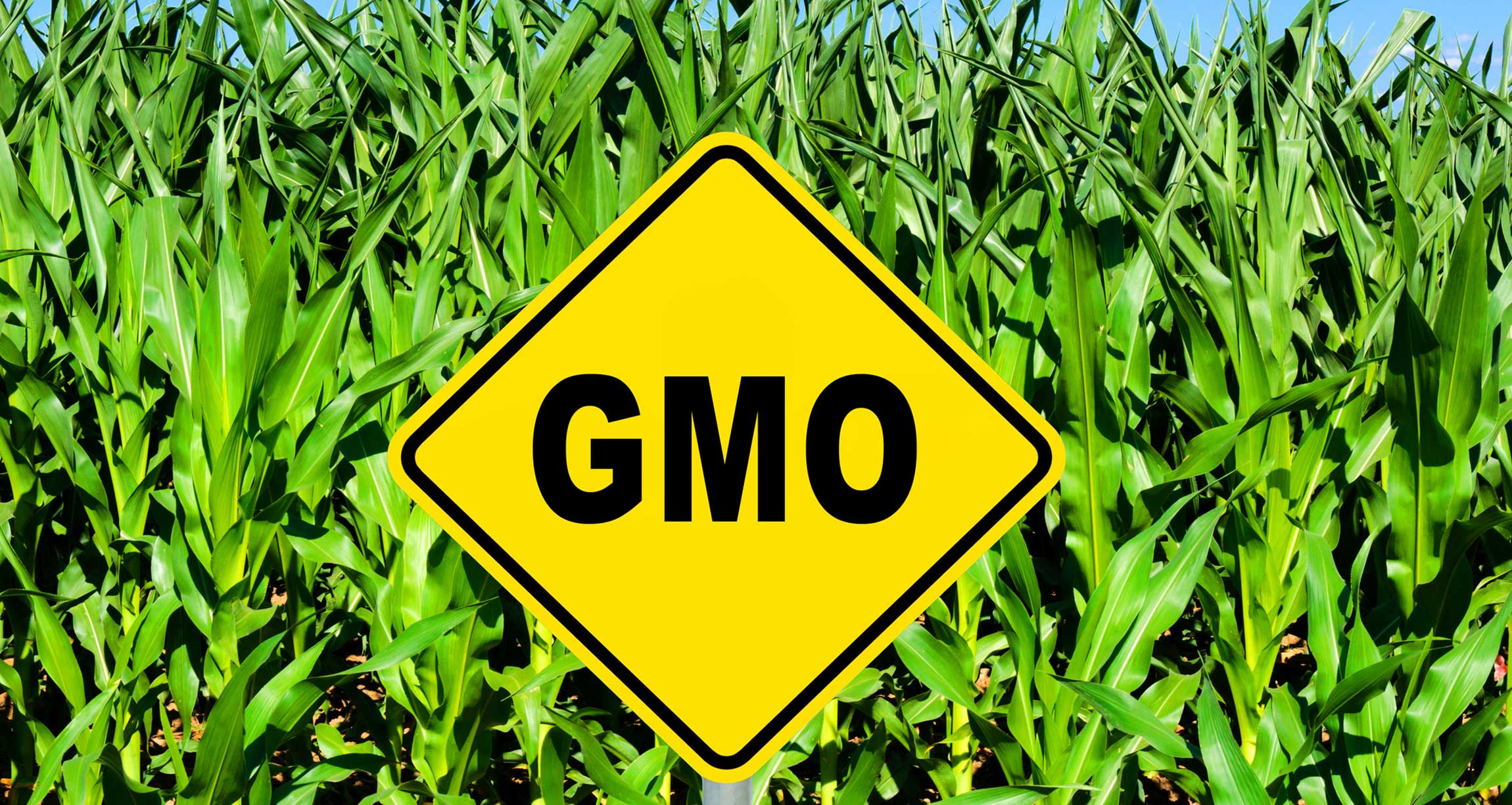
Genetically Modified Organism (GMO) is an organism that has its DNA genetically altered through biotechnology so that the gene may be transferred from one organism to another in order for the organism to have a certain desired properties. In other words, GMO can also include a food or food product derived from plants or animals that have been genetically engineered.
Today, there are many GMO products in various fields such as agriculture, pharmacy, medicine, industry, and the environment due to the expanding application of biotechnology. GMO products include transgenic animals, transgenic plants, and processed materials from transgenic plants and animals. Nowadays, a new technology of genetic engineering is being developed in the form of therapeutic cloning. This technology uses embryonic stem cells from the foetus to be transplanted into cloned patients, commonly known as stem cells. Stem cells are useful for repairing damaged tissues and organs. Although there is still ongoing dispute regarding the ethics of stem cells on humans, there are still other types of human cloning experiments at present, such as reproductive cloning with the aim of producing living organisms, in this case, humans from other human cells. The goal is to have the resulting clone exhibit the same genetic properties from the source of the clone.
GMOs give positive impacts on our life. Some of the advantages include helps food industry increase the efficiency, productivity, and the products’ economic value, improving nutrition and palatability values, and increasing the products’ shelf life. In pharmaceutical and medical industry, implementation of genetic engineering including gene therapy products, therapeutic cloning, and the use of organic ingredients help treat and cure diseases. Biotechnology may also give benefits in other industrial fields, such as the manufacturing of biofuels from plants such as soybean and canola.
Aside from its positive effects, genetic engineering can also give negative impacts, including changes in the compounds in the organism modified that may become toxic, imbalance in the ecology, the formation of antibiotic resistance, allergens, or changes in nutritional value.
Text by Rezky Zakiri
Stock photos from Google Search Images
Source(s):
- Labelisasi dan Teknik Deteksi GMO’S, http://www.ebookpangan.com/ARTIKEL/LABELISASI%20DAN%20 DETEKSI%20GMO’S.pdf, January 20, 2010.
- Adlhiyati, Z. (2009). PRODUK REKAYASA GENETIKA (GMO/GENETICALLY MODIFIED ORGANISM) SEBAGAI SUBJEK PERLINDUNGAN PATEN DAN PERLINDUNGAN VARIETAS TANAMAN. Disusun Dalam Rangka Memenuhi Persyaratan Program Magister Ilmu Hukum Universitas Diponegoro Semarang.